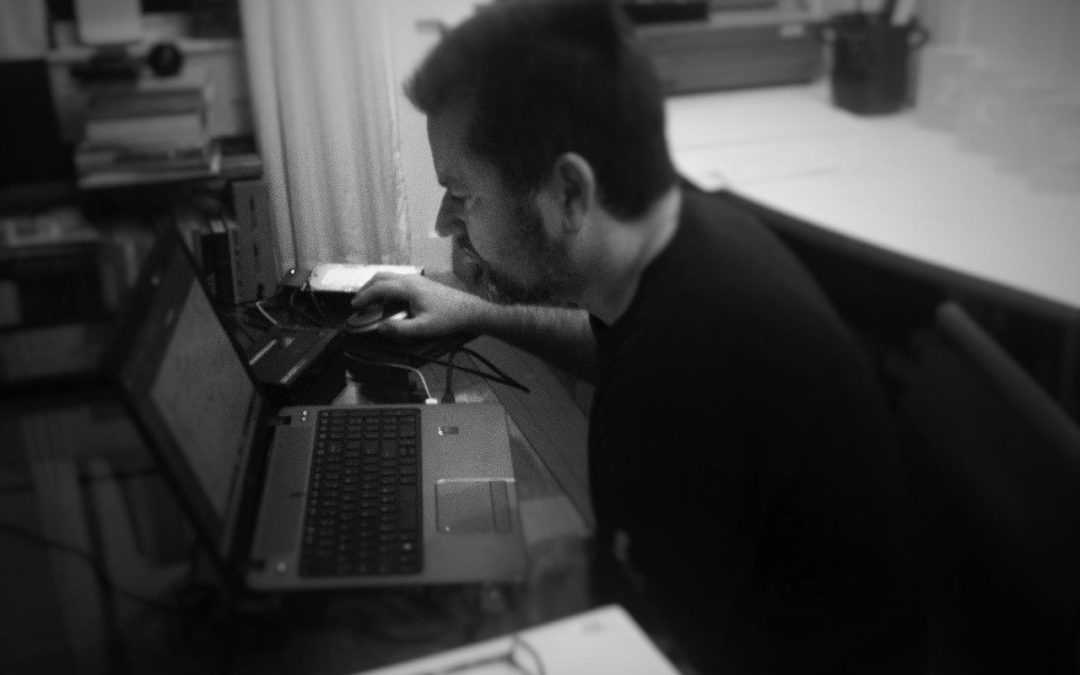When we confuse our being with what we do, our personal value and self-esteem become linked to our performance in our various roles. Conversely, when able to distinguish between what we do and who we are, we avoid the emotional instability that results from identifying ourselves with our accomplishments. Thus, we can boost our performance in all the different roles we decide to take on without the pressure that we often feel due this responsibility.
Being vs. Doing
“So what do you do?” This is often the first question that we ask someone upon meeting them for the first time. This is a role-based question and does not get at the identity of the person. We have many roles in life: sibling, spouse, parent, team lead, pastor, or volunteer coordinator. These are all positions in a social structure and are bound by time and space. When we cross one of those boundaries—like we do at the end of our commute from work, for example—we change roles.
Our identity as a person is independent of any roles we have. Personhood gives us an inalienable dignity that cannot be changed by time, space, or any other factor. Since our identity is unchanging, we can base our self-worth and therefore our self-esteem on this identity. This takes the pressure off other things and people who ultimately cannot be a permanent source of happiness for us. For example, if we base our self-worth on our role as spouse, eventually we’ll be disappointed, because no matter how solid our marriage is, our spouse is human and therefore imperfect. If we base our self-worth on our job, we can get laid off, be unfairly treated by a superior, or simply get tired of the work we do.
The more we base our self-worth on our fundamental inner identity, the less pressure we place on external circumstances and other people. This gives us a kind of detachment when it comes to those roles, which in turn permits us to be more objective when we look at how we fulfill them. This almost always leads to better outcomes.
Distinguish between being and doing | Confusion being and doing |
Clarity about who I am | Unclear on who I am as a person |
Greater emotional stability | Emotional roller coaster |
Happiness is based on things I control | Happiness is based on things I don’t control |
Less pressure on others to meet my needs | Pressure is increased in relationships |
| Able to analyze my own performance | Hard to look at performance objectively |
Performance in roles improves | Performance is diminished |
Able to manage others better, at work and home | My ego gets wrapped up in managing others |
Improved ability to be empathetic | Hard to understand what others experience |
| You can be authentic with yourself | We often hide behind masks |
How to find your Identity
Many people find their deepest identity in their faith in God or a higher power. Others find it as a member of the human family. We recommend you think of identity as the answer to the question, who am I? The answer to this question has two parts: your core values and your mission. Better@Work has a framework to help you find these if you don’t already know what they are.
Living out of Being
Once you have identified that unchangeable core identity, you want to live out of it. In the Daily JO journal the line, “I am______________,” gets at this issue of identity. Fill this out every day and then spend some time thinking about your fundamental identity. Come back to it during the day if you experience a setback. Use it as a tool to ground yourself before a particularly hard challenge, such as a difficult conversation with your boss or partner. Your roles should be inspired by your identity, not the other way around.


